Within the movement we organize such online and offline activities as youth exchanges and training courses, local workshops and run a Facebook page. At this page you can find many different, interesting and fun information and data about Critical Thinking.
This past year we have grown a lot. From a small yet ambitious movement that boosted February 2018 to a thousand supporters all over the world. Within the movement there were organized 15 Erasmus+ projects and planned more, a lot of workshops and local events regarding the topic for more than 350 people. At every project Logos organizes there is a session about Critical Thinking. Also we have a coordinator, working for the movement.
At numerous training courses and youth exchange we created tons of useful information on critical thinking and media literacy – workshop outlines, infographics, posters, videos, games, quests and more. All of this information is available at our Google Drive and in the Materials section
And countless amount of people we influenced so far and will in the future. Switch on your brain!

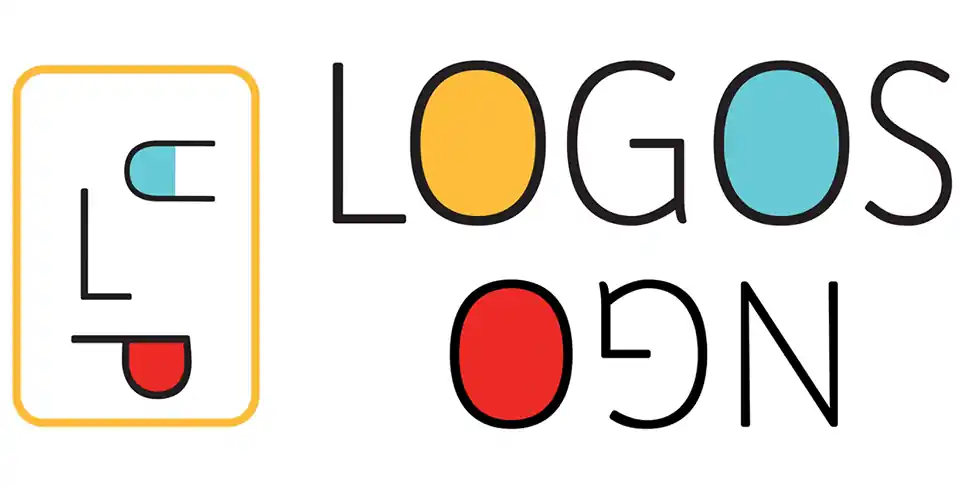


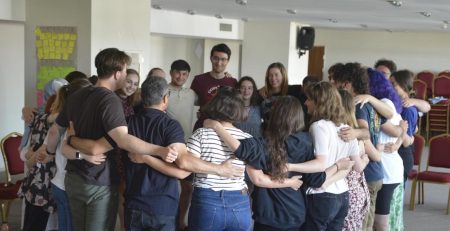
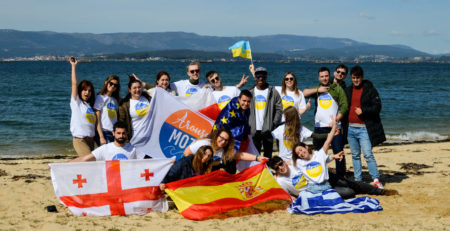
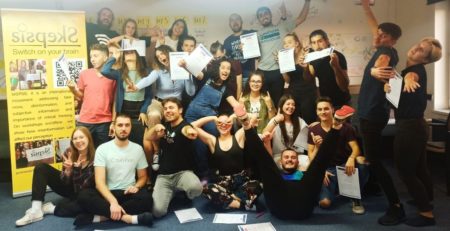
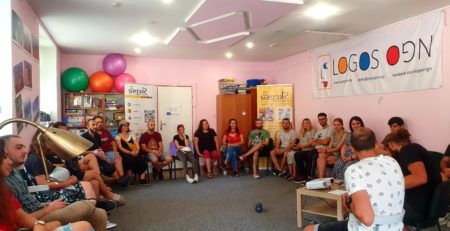
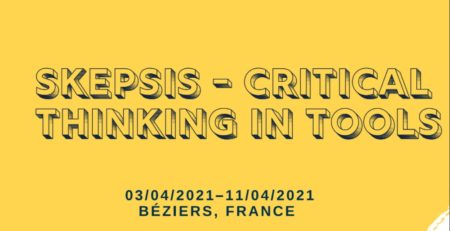
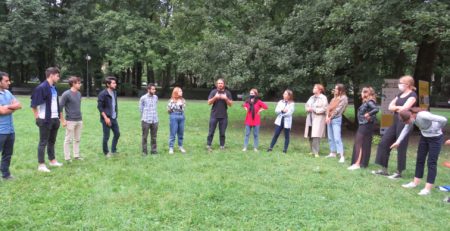
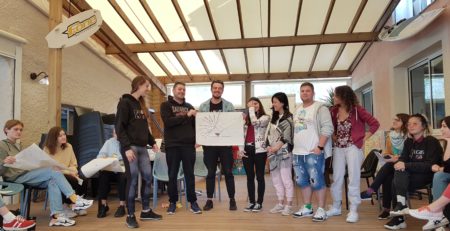
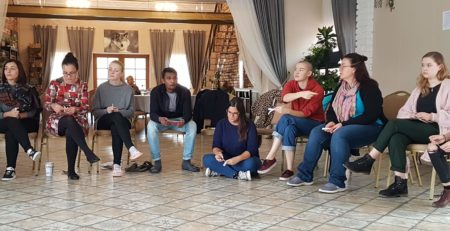
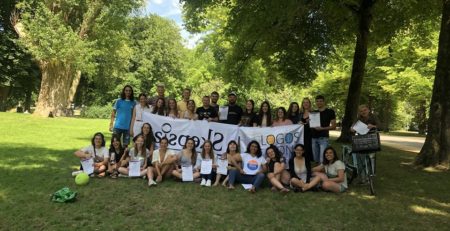

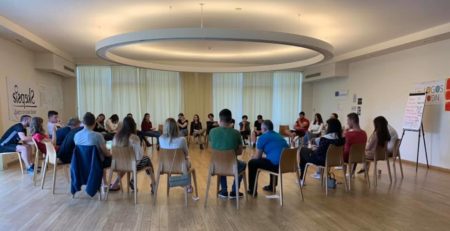
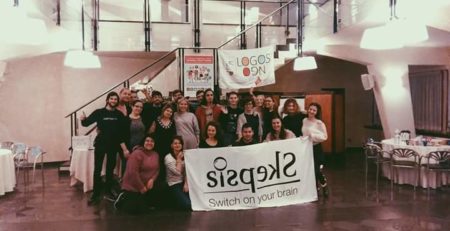
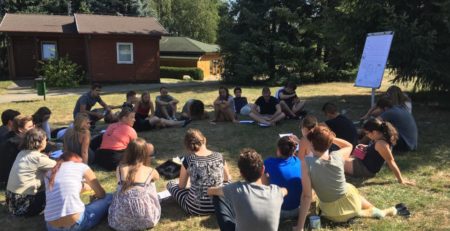
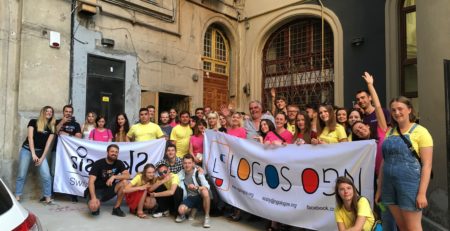
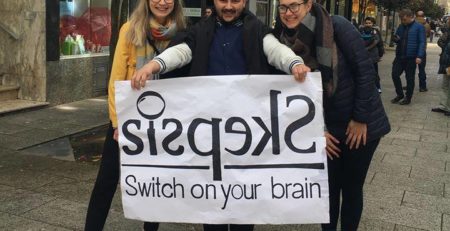
🧠 “Think critically before acting.”
It’s not just a motto — it’s a mindset. A movement. A mission.
At Skepsis Network, we believe that real change starts with awareness, engagement, and the courage to question.
🚀 Our vision?
A Europe where young people are not just “the future” — they’re active citizens now.
🌍 We commit to:
✅ Promoting critical thinking & civic engagement
✅ Fighting disinformation & defending democracy
✅ Supporting meaningful youth participation
✅ Co-creating policy & action at all levels
✅ Building solidarity, skills & visibility for youth-led work
If this speaks to you — you’re one of us.
🔗 Learn more: skepsis.website/
#SkepsisNetwork #WeAreSkepsis ... See MoreSee Less
5 months ago
Comment on Facebook 🧠 “Think ...
🧠 “Think critically before acting.”
It’s not just a motto — it’s a mindset. A movement. A mission.
At Skepsis Network, we believe that real change starts with awareness, engagement, and the courage to question.
🚀 Our vision?
A Europe where young people are not just “the future” — they’re active citizens now.
🌍 We commit to:
✅ Promoting critical thinking & civic engagement
✅ Fighting disinformation & defending democracy
✅ Supporting meaningful youth participation
✅ Co-creating policy & action at all levels
✅ Building solidarity, skills & visibility for youth-led work
If this speaks to you — you’re one of us.
🔗 Learn more: skepsis.website/
#SkepsisNetwork #WeAreSkepsis ... See MoreSee Less
5 months ago
Comment on Facebook 🧠 “Think ...
💡 Did you know that Skepsis is now officially a network?
What started as a youth-led movement back in 2018 has grown into a European network of 11 organisations from 11 countries — and we’re just getting started.
Since July 2024, we’ve been working as Skepsis Network — a structured, youth-led platform that connects partners from Poland, Germany, Italy, Spain, Norway, France, Denmark, Greece, Portugal, Sweden, and Czechia.
🔍 We still stand for what we always believed in:
▪️ Critical thinking
▪️ Civic engagement
▪️ Real youth participation
But now — we do it as a united, formal, transnational network.
If you’ve been following us for a while — you're already part of this journey. And if you’re new here — welcome to the network.
#SkepsisNetwork #WeAreSkepsis ... See MoreSee Less
6 months ago
Comment on Facebook 💡 Did you know ...
💡 Did you know that Skepsis is now officially a network?
What started as a youth-led movement back in 2018 has grown into a European network of 11 organisations from 11 countries — and we’re just getting started.
Since July 2024, we’ve been working as Skepsis Network — a structured, youth-led platform that connects partners from Poland, Germany, Italy, Spain, Norway, France, Denmark, Greece, Portugal, Sweden, and Czechia.
🔍 We still stand for what we always believed in:
▪️ Critical thinking
▪️ Civic engagement
▪️ Real youth participation
But now — we do it as a united, formal, transnational network.
If you’ve been following us for a while — you're already part of this journey. And if you’re new here — welcome to the network.
#SkepsisNetwork #WeAreSkepsis ... See MoreSee Less
6 months ago
Comment on Facebook 💡 Did you know ...
how to join the network?
... See MoreSee Less
7 months ago
Comment on Facebook 1907184566069577_1095577655941344
we are diving into three common cognitive biases that shape our thinking. 🧐
Learn how to identify these mental shortcuts, understand their impact, and discover ways to avoid falling into their traps.
Let’s sharpen our decision-making skills together! 💡
✨ #CognitiveBias #Mindfulness #CriticalThinking ... See MoreSee Less
1 years ago
Comment on Facebook 1907184566069577_954414640057647